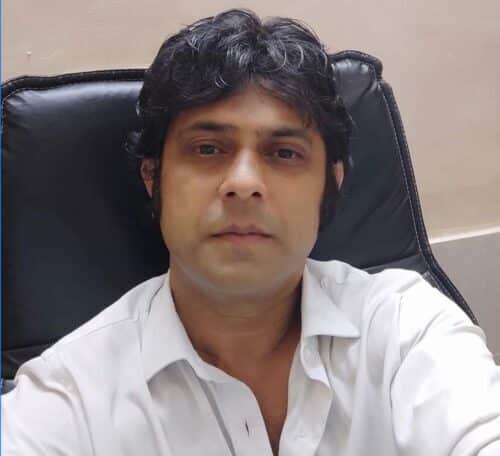In Patel Field Marshal Agencies v. P.M. Diesels Ltd., (2018) 2 SCC 112,
The Hon'ble Supreme Court observed that where, during the pendency of a suit, a rectification application is filed, the application can be pursued only upon a finding by the Civil Court on the prima facie tenability of the plea of invalidity. If the Civil Court does not find a triable issue on the plea of invalidity, then the said application cannot be pursued. The Supreme Court noted that this was necessary so as to avoid multiple proceedings on the same issue and the possibility of conflicting decisions. However, there have been subsequent developments since the passing of judgment in Patel Field Marshal Agencies (supra). In terms of the Tribunals Reforms Act, 2021,
the IPAB has been abolished and the jurisdiction to decide rectification petitions now vests with the High Court under Section 21 of the Act. Therefore, now the suit as well as the rectification applications have to be decided by one authority alone i.e. the High Court and resultantly, there cannot be any possibility of conflicting decisions. Hence, the rectification petitions can be clubbed with the civil suits and there is no requirement of staying the civil suit.It is the settled position of law that it is the obligation of the Court to frame issues. In this regard reference may be made to paragraph 7 of the S. Surjit Singh Sahni v. Brij Mohan Kaur, (1997) 65 DLT 670, the Co-ordinate Bench of this Court:
“7. A perusal of the several provisions contained in Order 14 of the CPC would be apposite. An issue arises when a material proposition of fact or law is affirmed by one party and denied by the other. Every such proposition shall form the subject of a distinct issue. Primarily it is the obligation of the Court to frame the issues. Failure on the part of the Court may be remedied by either party inviting attention of the Court to the need of framing such an issue either by participating in the process of settlement of issues or by moving an application under Order 14 Rule 5 of the CPC. It is obligatory on the part of the Court to frame an issue once it is satisfied that an issue which should have been framed was not framed. If the trial court fails in framing an issue or fails to remedy its earlier failure then even an appellate court is vested with power of framing an issue under Rule 25 of Order 41 of the CPC.”
It has been held in Teva Pharmaceutical Industries Ltd. & Ors. v. Natco Pharma Limited, (2014) 210 DLT 591 (DB), which has been followed in Abbott Healthcare (supra) that a litigant ought not to suffer on account of acts of his advocate.
Earlier upon an issue being framed with regard to invalidity of a trademark, proceedings in the civil suit were stayed in order that for the statutory authority i.e. IPAB to decide. With the coming into effect of the Tribunals Reforms Act, 2021, and the consequent abolition of the IPAB, this situation does not exist anymore. Therefore, even if an issue with regard to invalidity of a trademark is framed by the civil court and rectification applications are filed by a litigant, the civil suit is not liable to be stayed. The rectification petitions/applications can be clubbed and tried along with the civil suit. Therefore, no prejudice would be caused to the plaintiff if the additional issues, as sought to be framed by way of the present application, are framed .

Tapan Choudhury,
Advocate,
Mob- 9873628941
Email ID tapsash@gmail.com